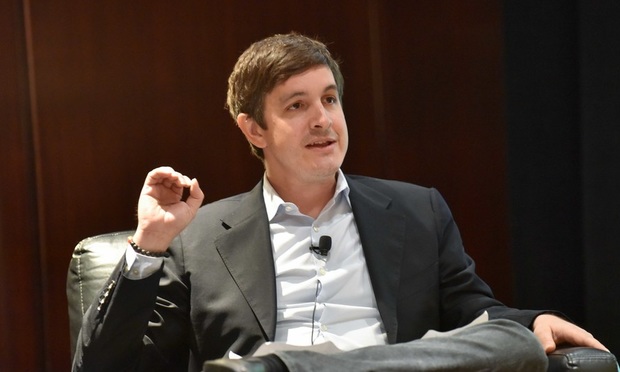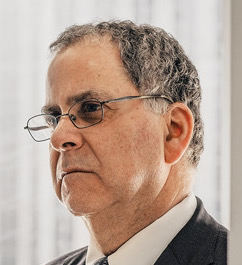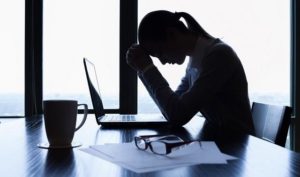“True Stories” is a series of guest blogs I am running on mental health in the legal profession. In this article, we explore the affect depression has on loved ones and their struggles to help.
Katie has been married to her law student husband for almost four years. She has grown into a more compassionate and well-rounded Certified Health Education Specialist and Mental Health First Aid provider from her experiences with her husband’s mental health issues. She enjoys sharing information with others about health and wellness. Her husband is currently searching for a job. As such, Katie has only given her first name.
Last year, my husband became a first-year law student at a state school with an excellent reputation. After several years of waffling between pursuing medicine, law, military, and scientific research careers, he opted for law and was admitted to many schools, accepting his best offer. We relocated so that he could attend, moving from the sunny Southwest to the frigid winters of the Mid-Atlantic. He was excited at first, eager to begin a new chapter of his life, and enthusiastic to embark on a learning journey; he loves to read and study politics, economics, business, and law, and he felt that this endeavor would help him fulfill his potential personally and professionally.
Shortly into the first year, I noticed my usually calm husband – laid-back almost to a fault – was frequently stressed. He worried constantly about understanding the material, completing his assignments, competing for grades, getting an internship, and even being able to get a job upon graduating. Although this may seem natural for law students (1Ls in particular), it was a marked change in his personality that lasted for weeks on end, almost to the point of keeping him from being able to study, write, or prepare for his classes.


















